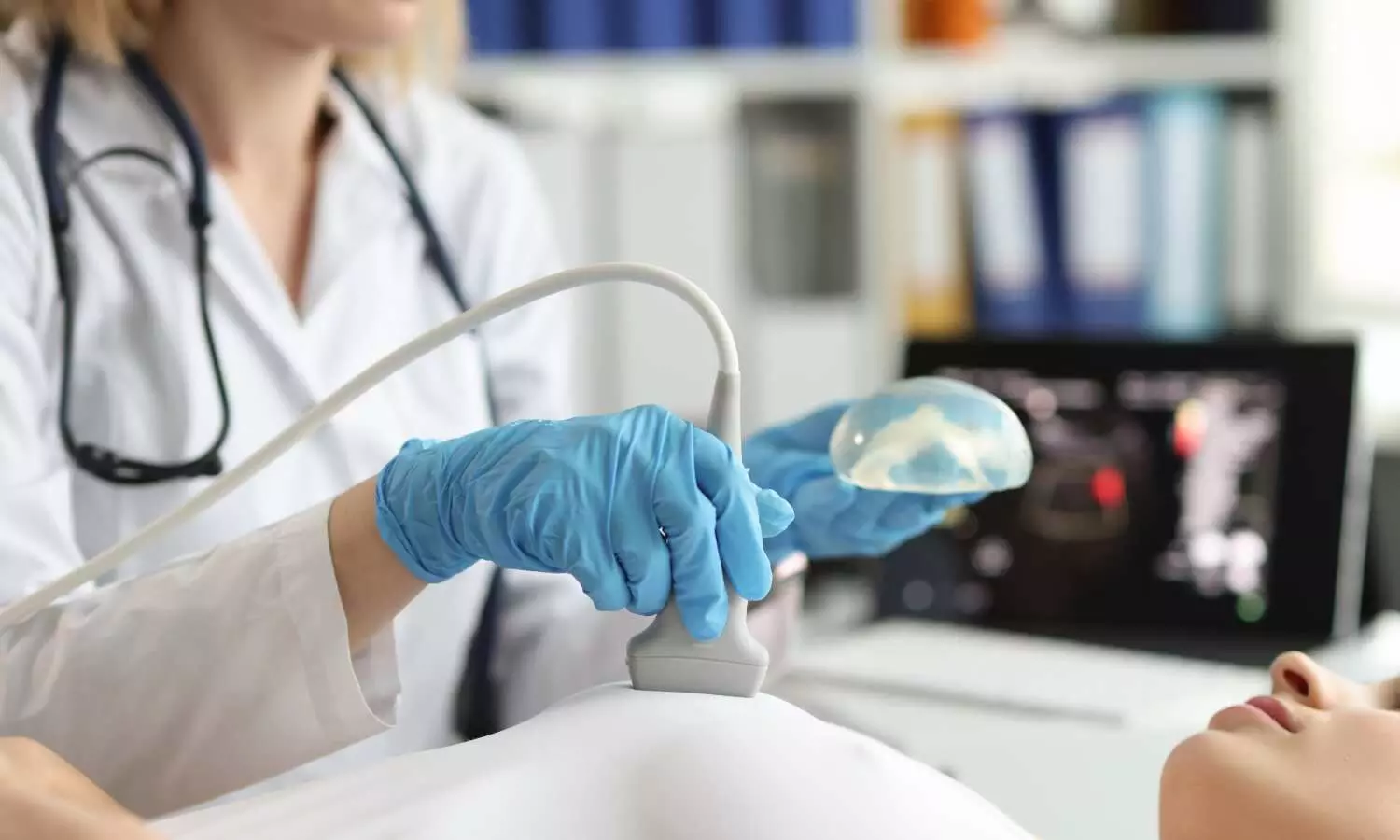- Home
- Our Providers
- Our Services
- Abdominal Aortic Aneurysm Screening
- Alzheimer’s Disease
- Antibiotics Treatment
- Arthritis
- Asthma and Allergies
- Blood Work
- Breast Cancer Screening
- Cancer Screenings
- Cervical Cancer Screening
- CHF
- Chronic Diseases Management
- Colon Cancer Screening
- Physical Exam and Preventative Care
- COPD
- Covid Testing
- Dementia
- Depression and Anxiety
- Diabetes Mellitus Type 1 & 2
- Ear Cleaning
- ECG
- Fibromyalgia
- Flu Tests
- GERD
- Heart Disease
- Hepatitis Screening
- High Blood Pressure
- High Cholesterol
- HIV Screen Tests
- Hormone Therapy
- Iron Injection
- Joint Injection
- Kidney Disease
- Lung Cancer Screening
- Medical Wellness Visits
- Men’s Health
- Nutrition Consultation
- Obesity
- Osteoporosis
- Peripheral Neuropathy
- Peripheral Vascular Disease
- Pre and Post Surgical Evaluations
- Prostate Cancer Screening
- Pulmonary Disease
- Pulmonary Function Test
- Seizure
- Sexual Transmitted Diseases
- Sick Visits
- Skin Biopsy
- Sleep Apnea
- Smoking Cessation and Reduction
- Stroke
- Testosterone Injection
- Thyroid Dysfunction
- Ultrasound
- Urine Analysis
- Vaccinations
- Vascular Studies
- Vitamin B12 Replacement
- Weight Loss
- Wound Care and Suture Removal
- Telemedicine
- Join Our Team
- Patients
Breast Cancer Screening
Breast cancer is a common type of cancer affecting millions of women worldwide. Early detection through regular screening is crucial for effective treatment and improved outcomes. At CoreMed Plus, we are committed to providing comprehensive breast cancer screening services that can help detect cancer in its early stages and ensure prompt and effective treatment.
Our experienced and skilled practitioners use the latest technology and techniques to perform breast cancer screenings, including mammograms and ultrasounds. We work closely with our patients to develop personalized screening plans based on their age, medical history, and other risk factors for breast cancer.
At CoreMed Plus, we understand that breast cancer can be a daunting diagnosis. That’s why we provide compassionate care and support throughout the screening process and beyond. We take the time to explain all aspects of the screening and answer any questions our patients may have. Our goal is to provide a comfortable and reassuring environment for our patients to receive the care they need.
Choosing CoreMed Plus as your breast cancer screening provider offers several advantages. These include:
- Experienced Practitioners: Our team has years of experience in breast cancer screening and diagnosis. They use their expertise to provide accurate and timely screening results, detecting any potential issues early.
- State-Of-The-Art Technology: We use the latest technology and equipment in our breast cancer screenings to provide the most accurate and comprehensive results possible. Our advanced imaging techniques can detect even the smallest abnormalities in breast tissue, allowing us to identify potential cancerous growths.
- Personalized Care: We understand that each patient has unique needs and concerns. That’s why we provide personalized care and support throughout the screening process, taking the time to listen to our patients and provide guidance and support.
- Comprehensive Services: Besides breast cancer screening, we offer various other health services, including general health screenings, preventive care, and chronic disease management. Our comprehensive approach to healthcare ensures that our patients receive the care they need to maintain optimal health and well-being.
At CoreMed Plus, we are committed to providing high-quality, compassionate care to all our patients. We understand the importance of breast cancer screening and its role in the early detection and treatment of cancer. By choosing us as your breast cancer screening provider, you can have peace of mind knowing that you are receiving the best possible care from experienced and dedicated practitioners.

What is Breast Cancer
Breast cancer is a type of cancer that develops in the cells of the breast tissue. It is the most common cancer among women worldwide and can also affect men, although this is rare. Breast cancer can begin in different parts of the breast, including the ducts that carry milk to the nipple, the lobules, which are the glands that produce milk, or in other cells in the breast tissue.
Breast cancer is often first detected through a lump or thickening in the breast tissue. Other symptoms may include:
- Changes in the size or shape of the breast.
- Changes to the skin or nipple.
- Discharge from the nipple.
However, not all breast lumps are cancerous, and some breast cancers may not produce any noticeable symptoms.
Breast cancer can be diagnosed through various tests, including mammography, ultrasound, MRI, or a biopsy, which involves removing a small sample of tissue from the breast for examination. Once diagnosed, treatment for breast cancer will depend on the type and stage of the cancer, as well as a patient’s overall health and preferences.
Treatment options for breast cancer may include surgery to remove the cancerous tissue, radiation therapy to kill cancer cells, chemotherapy to target cancer cells throughout the body, hormone therapy to block the hormones that fuel certain types of breast cancer, or targeted therapy to target specific genes or proteins involved in the growth of cancer cells.
Early detection and treatment are important for improving outcomes for breast cancer. Regular breast cancer screenings, including mammograms and clinical breast exams, can help detect breast cancer early when it is most treatable. Additionally, maintaining a healthy lifestyle, including a balanced diet and regular exercise, may also help reduce the risk of developing breast cancer.
At CoreMed Plus, we offer comprehensive breast cancer screening and diagnostic services and personalized treatment options for patients with breast cancer. Our experienced healthcare professionals work closely with each patient to develop an individualized treatment plan considering their unique needs, symptoms, and goals. We are committed to providing compassionate, effective care to help our patients find relief and achieve optimal health and wellness.
Signs and Symptoms of Breast Cancer
Breast cancer may not produce noticeable symptoms in its early stages, so regular breast cancer screenings are essential. However, as the cancer progresses, it may cause a range of signs and symptoms, including:
- A Lump or Thickening in the Breast or Armpit: Breast cancer often presents as a lump or thickening in the breast tissue or armpit. The lump may feel hard, irregular in shape, and different from the surrounding breast tissue.
- Changes in Breast Size or Shape: Breast cancer may cause one breast to become larger or lower than the other, or the breast shape may change.
- Changes in Breast Skin or Nipple: Breast cancer may cause changes to the skin of the breast, such as redness, dimpling, or puckering. It may also cause the nipple to turn inward or develop scaling or crusting.
- Breast Pain or Discomfort: While breast cancer does not typically cause pain, some women may experience discomfort or pain in the breast.
- Nipple Discharge: Breast cancer may cause clear or bloody discharge from the nipple.
It’s important to note that these symptoms may not necessarily indicate breast cancer and may be caused by other conditions. However, if you notice changes in your breast tissue or experience any unusual symptoms, you must talk to your healthcare provider.
In some cases, breast cancer may spread beyond the breast tissue to other parts of the body, which can cause additional symptoms, such as:
- Bone Pain: If breast cancer spreads to the bones, it can cause bone pain, especially in the ribs, spine, or hips.
- Shortness of Breath or Chest Pain: If breast cancer spreads to the lungs or chest wall, it can cause shortness of breath or chest pain.
- Jaundice: If breast cancer spreads to the liver, it can cause yellowing of the skin and eyes (jaundice).
- Headaches or Seizures: If breast cancer spreads to the brain, it can cause headaches, seizures, or other neurological symptoms.
It’s important to note that not all women with breast cancer will experience these symptoms, and some may experience symptoms not listed here. Additionally, some women with breast cancer may not have any symptoms, so regular breast cancer screenings are essential.
If you notice any changes in your breast tissue or experience unusual symptoms, it’s essential to talk to your healthcare provider. Early detection and treatment are vital to improving outcomes for breast cancer.

How to Diagnose Breast Cancer
Breast cancer can be diagnosed through a range of tests and procedures, including:
- Breast Exam: A healthcare provider will physically examine the breasts and underarms for lumps or other abnormalities during a clinical breast exam.
- Mammogram: A mammogram is an X-ray of the breast tissue that can detect abnormalities, such as lumps or calcifications, that may indicate breast cancer. Mammograms are recommended for women starting at age 40 or earlier for women with a family history of breast cancer.
- Ultrasound: An ultrasound uses high-frequency sound waves to produce images of the breast tissue. It may be used to evaluate further abnormalities detected on a mammogram or breast lumps.
- MRI: An MRI uses a magnetic field and radio waves to produce detailed images of the breast tissue. It may be used with a mammogram and ultrasound to evaluate breast abnormalities.
- Biopsy: A biopsy involves taking a tissue sample from the breast and examining it under a microscope to determine if cancer cells are present. There are several types of biopsies, including a core biopsy, fine-needle aspiration, or a surgical biopsy.
In addition to these tests and procedures, genetic testing may be recommended for women with a family history of breast cancer or those with a known genetic mutation that increases their risk of breast cancer. Genetic testing can help identify women who may benefit from additional screening or preventive measures.
It’s important to note that not all breast abnormalities or lumps are cancerous. Most breast lumps are benign. However, if you notice changes in your breast tissue or experience unusual symptoms, you must talk to your healthcare provider. Early detection and treatment are key to improving outcomes for breast cancer.
Breast cancer screenings and early detection can save lives. Women are encouraged to perform regular breast self-exams, schedule regular mammograms as their healthcare provider recommends, and talk to their healthcare provider about any concerns or changes in their breast tissue.
CoreMed Plus can help with breast cancer screenings and provide additional resources and support for women diagnosed with breast cancer. Our team of healthcare professionals can work with patients to develop a personalized screening and treatment plan based on their individual needs and risk factors.
How to Treat Breast Cancer
The treatment for breast cancer can vary depending on the cancer stage, the tumor’s size and location, and the patient’s overall health and personal preferences. The most common treatment options include:
- Surgery: Surgery is often the first-line treatment for breast cancer. The type of surgery performed depends on the size and location of the tumor. Still, it may include a lumpectomy, which removes the tumor and a small amount of surrounding tissue, or a mastectomy, which removes the entire breast. In some cases, lymph nodes may also be removed to determine if the cancer has spread.
- Radiation Therapy: Radiation therapy uses high-energy X-rays to kill cancer cells. It may be used after surgery to destroy any remaining cancer cells or as a primary treatment for smaller tumors.
- Chemotherapy: Chemotherapy involves the use of drugs to kill cancer cells. It may be used before or after surgery to shrink the tumor or destroy any remaining cancer cells. Chemotherapy is often given intravenously but can also be given orally or topically.
- Hormone Therapy: Hormone therapy blocks the production or action of estrogen, which can fuel the growth of some types of breast cancer. It may be recommended for women whose tumors are hormone receptor-positive, meaning they have receptors for estrogen or progesterone.
- Targeted Therapy: Targeted therapy uses drugs to target specific proteins or genes involved in the growth and spread of cancer cells. It may be recommended for women with HER2-positive breast cancer, which means their cancer cells have too much of a protein called HER2.
In addition to these treatments, women with breast cancer may receive supportive care to manage side effects and improve their quality of life. This may include pain management, nutrition counseling, physical therapy, and counseling or support groups.
The choice of treatment depends on the individual patient and their unique situation. Women with breast cancer should work closely with their healthcare providers to develop a treatment plan that meets their needs and preferences.
At CoreMed Plus, we provide comprehensive care for women with breast cancer, from diagnosis to treatment and beyond. Our team of healthcare professionals works with patients to develop a personalized treatment plan that addresses their unique needs and goals. We also provide support and resources to help women manage breast cancer’s physical and emotional challenges. With early detection and appropriate treatment, many women with breast cancer can live long, healthy lives.

How CoreMed Plus Can Help With Breast Cancer Screenings
At CoreMed Plus, we understand the importance of breast cancer screenings in detecting and treating breast cancer early. We offer screening services for women of all ages and risk levels, including mammograms, clinical breast exams, and breast ultrasounds.
Our healthcare providers work closely with patients to determine the appropriate screening schedule based on their age, family history, and other risk factors. We provide comprehensive education and support throughout the screening process, including pre-screening instructions, during the screening, and post-screening follow-up.
We offer various diagnostic services for women with a suspicious lump or abnormal mammogram to confirm or rule out a breast cancer diagnosis. This may include additional imaging tests, such as breast ultrasound, MRI, or breast biopsy.
In addition to breast cancer screenings and diagnostics, CoreMed Plus offers a range of treatment options for women diagnosed with breast cancer. Our healthcare providers work closely with patients to develop a personalized treatment plan that meets their needs and preferences. We offer a range of treatment options, including surgery, radiation therapy, chemotherapy, hormone therapy, and targeted therapy.
We also provide comprehensive supportive care for women with breast cancer, including pain management, nutrition counseling, physical therapy, and counseling or support groups. Our goal is to provide holistic, patient-centered care that addresses the physical, emotional, and psychological needs of women with breast cancer.
At CoreMed Plus, we are committed to improving the lives of women with breast cancer through early detection, personalized treatment, and supportive care. We believe every woman deserves access to high-quality, compassionate care and are dedicated to providing that care to our patients.
Meet Dr. Mark Richter
I grew up in Florida as the oldest of five sons. After earning my degree from the University of Florida, I pursued my medical education in the Dominican Republic. In 1988, I began my Family Practice Residency at the “old” Pontiac General Hospital. I have been providing medical care to the same community since 1991, first in Waterford and later at our current location in White Lake, where I continue to practice today. I take pride in being board certified by the American Academy of Family Physicians and remain committed to Primary Care.
I am passionate about promoting a healthy lifestyle, including a proper “balanced” diet, exercise, exposure to healthy outdoor activities, and achieving work-life balance. I married my Medical School Sweetheart, Barbara, and we are fortunate to have two adult children and a granddaughter. We have been residents of Oakland County since 1988 and enjoy all that Michigan has to offer.
Meet Briahnnon Long NP-BC
Briahnnon Long, NP-BC, graduated from Oakland University in 2009 with a Bachelor of Science in Nursing and worked as a nurse in the Cardiac Intensive Care Unit. She then pursued her Master of Science in Nursing. She graduated from The University of Michigan Flint in 2020 and became board certified by The American Nurses Credentialing Center as a Family Nurse Practitioner.
She works in the acute care setting as a hospitalist and in the subacute care setting at a skilled nursing facility. She has special interests in health and wellness, preventative medicine, and chronic care management in the primary care setting. She loves being outdoors, cheering on her husband and two children in hockey, and camping and boating in the summer.
Contact Information
If you’re ready to take charge of your health and embark on a journey toward a healthier, happier life, we invite you to contact us today. Our compassionate and knowledgeable staff is excited to take your call and help you on your health journey. We will work closely with you to develop a customized treatment plan that is right for you and provide the support and care you need every step of the way.
Don’t let health concerns hold you back – contact CoreMed Plus today and let us help you achieve optimal health and wellness. We look forward to hearing from you and helping you achieve a healthier, happier life.
- Email: [email protected]
- Phone: +1 248-666-6005




